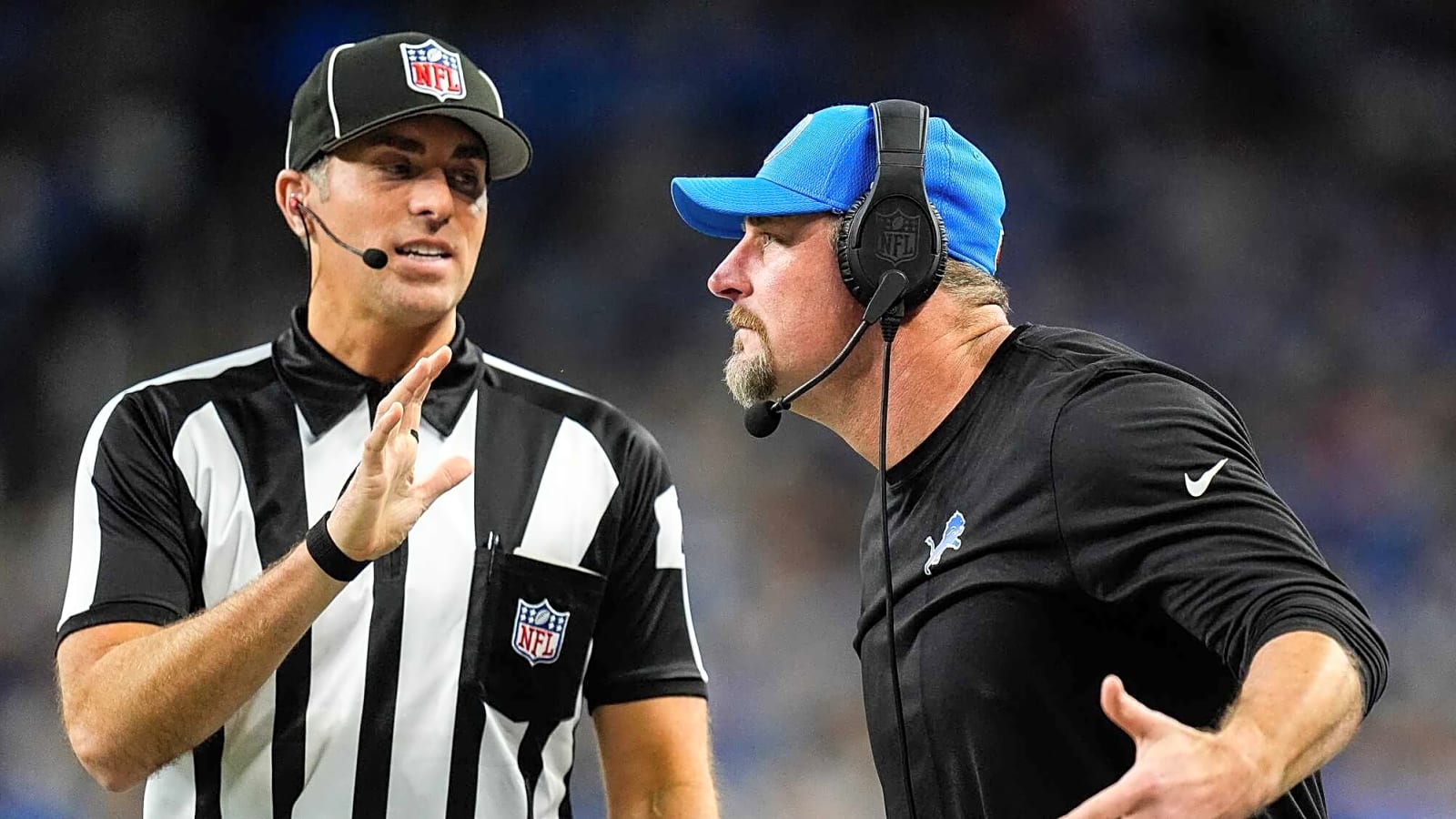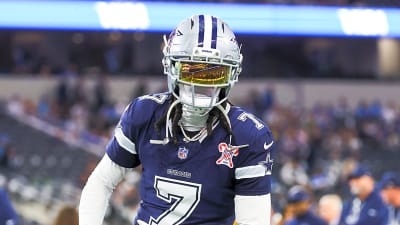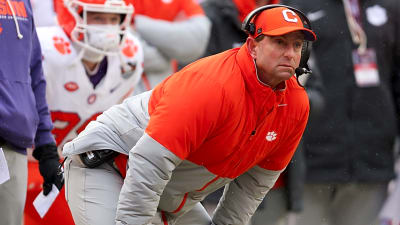
Five NFL rule changes we actually want after tush push ban fails
The tush push lives to see another day.
On Wednesday, the NFL narrowly decided against banning the play perfected by the Philadelphia Eagles in a 22-10 vote, falling two shy of the votes necessary to enact the change.
A ban of the Push Tush play that the Philadelphia Eagles popularized did not receive enough votes at today’s league meeting in Minneapolis. The play remains alive. There will be more tush pushes this season. pic.twitter.com/sy1DOIznqP
— Adam Schefter (@AdamSchefter) May 21, 2025
Ideally, this would be the end of the tush push debate. However, we doubt this is the last time the losing side will be heard on the matter.
The league has more pressing rule changes it should consider next offseason before another round of tush push discourse.
Here are five we want to see.
1. Expand overtime to 15 minutes
In April, the NFL modified its overtime rules to allow both teams a possession regardless of whether the first team with the ball scores a touchdown.
The NFL’s owners have passed a rule change that will allow both teams to possess the ball in overtime during the regular season, per source.
— Dianna Russini (@DMRussini) April 1, 2025
The overtime period will remain just 10 minutes.
The league neglected to alter the condensed 10-minute overtime period, which might lead to more of the one thing no one wants: ties. Barring quick scoring strikes, it's hard to imagine two teams going on multi-play touchdown drives in 10 minutes and having much time to decide the winner.
By expanding overtime back to 15 minutes, teams will have more opportunities to possess the ball, increasing the likelihood that all games will end with a winner and a loser.
2. Allow replay for missed fouls
Few things are more frustrating in football than when a blatant missed call alters a game. In recent seasons, the league has expanded replay to allow teams to review plays during which certain fouls are called, which can wipe out phantom roughing the passer or horse-collar tackles, for example.
But what about when officials miss an egregious foul? Teams have no recourse in those situations, allowing the offender to escape scot-free. We'd like to see a rule where blatant penalties that go unnoticed can be flagged after the fact.
The NFL could fold the proposed amendment into its existing replay review, which allows coaches two (possibly three) challenges, to avoid saturating games with missed foul challenges.
3. Major/minor defensive pass interference (DPI)
The current system for penalizing defensive players on pass interference calls is too punitive. Not every flag warrants the offense taking over at the spot of the foul.
The league should separate pass interference calls into two categories — major and minor. The former should be a spot-foul, and the latter should be an X-yard (we're open to suggestions) penalty and automatic first down.
We're admittedly not the biggest fans of giving officials more room to use their discretion, but it sure beats the alternative of quarterbacks being rewarded with awful under-throws with huge DPI gains.
4. No offsetting penalties on any 15-yard vs. 5-yard fouls
The NFL's process for handling offsetting penalties needs work. We find it hard to justify 15-yard personal fouls being canceled out by less hostile acts, but that's how the league operates.
Some five-yard penalties are thrown out when the opponent commits a 15-yard penalty on the same play, but not all.
Per the NFL rulebook (Section 5, Article 1 (Exception 1)), if a five-yard infraction results in an automatic first down, a loss of down, a 10-second runoff or is a spot foul, it's treated with the same severity as a 15-yard penalty and the two offset.
From the league's vantage point, a lineman committing an illegal chop block and a defensive back holding on the same play are equivalent. Except they aren't. Basic arithmetic tells us that 15 > 5. The NFL should go back to grade school.
5. Reseed playoffs in second round
On Wednesday, the Lions tabled their proposal to reseed the playoffs entering the second round based on regular-season record.
Lions withdrew their playoff reseeding proposal. pic.twitter.com/mpASLGoTfn
— Adam Schefter (@AdamSchefter) May 21, 2025
It's a shame, because the idea perfectly synthesized the debate's opposing sides. For those in favor of maintaining the importance of winning a division, teams would still be rewarded for finishing first in their division by hosting a wild-card game.
Those who believe the NFL should base playoff seeding solely on record would get their wish in the divisional round.
It's a sensible solution that requires non-division winners to defeat division winners to earn a more favorable second-round game, which the team could potentially host.
As we saw last season, the seeding can also disadvantage the conference's top teams in the second round. There's no reason why the Lions should have played the Washington Commanders, who went 12-5 last year, in the divisional round instead of the Los Angeles Rams, who were 10-7.
Under Detroit's proposal, it would have hosted Los Angeles during January's divisional round game while the Commanders would have traveled to Philadelphia and played the Eagles.
The Lions offered a rational revision to the NFL playoff format, so of course, it was dead on arrival.
More must-reads:
- Report: Jason Kelce played key role in saving tush push
- Eagles troll Packers with two-word reaction to big tush push news
- The 'Top-50 all-time NFL rushers' quiz
Breaking News
Trending News
Customize Your Newsletter
 +
+
Get the latest news and rumors, customized to your favorite sports and teams. Emailed daily. Always free!








